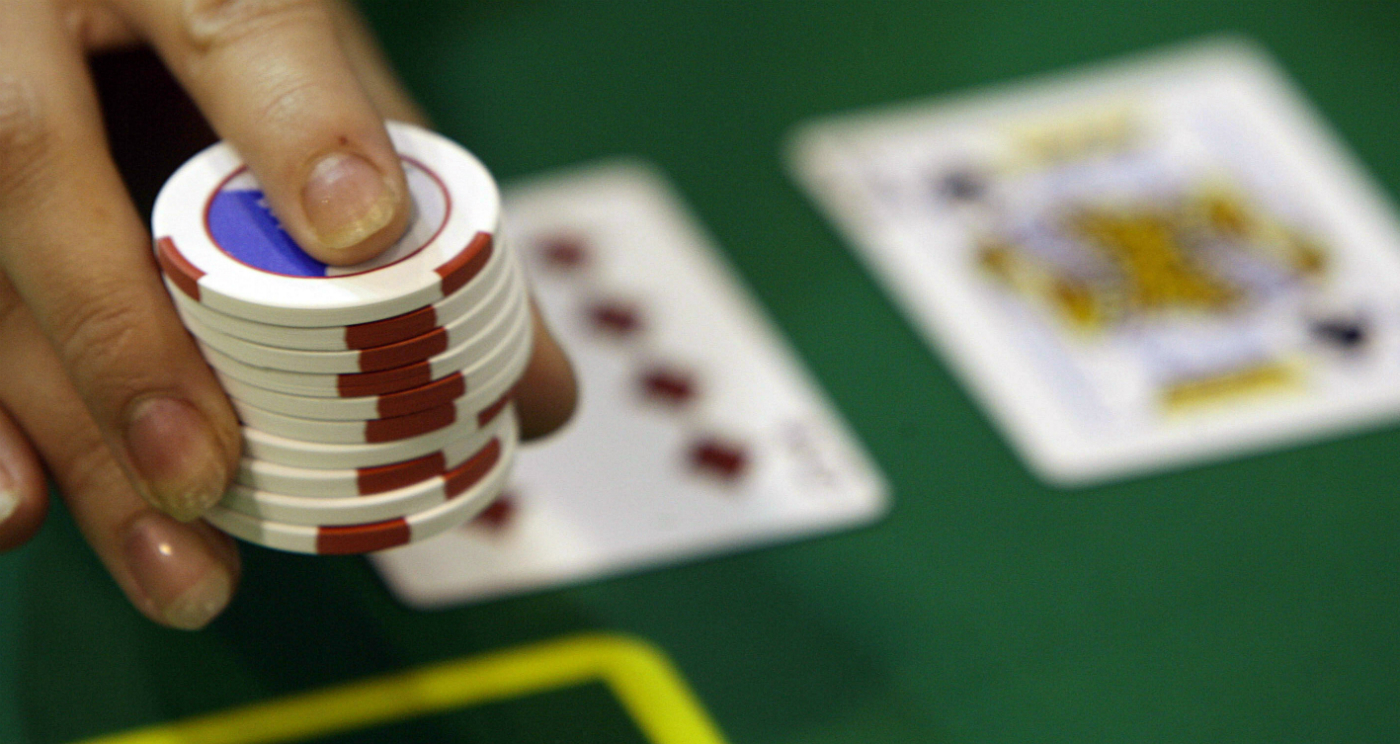Why ‘edge sorting’ is illegal in casinos
US poker star Phil Ivey loses millions as UK judges rule that he cheated

A free daily email with the biggest news stories of the day – and the best features from TheWeek.com
You are now subscribed
Your newsletter sign-up was successful
US poker star Phil Ivey has lost his UK Supreme Court bid to claim £7.7m that he won using a technique known as “edge sorting” at a London casino.
The former World Series of Poker champion tried to claim the cash following a private game of punto banco - a form of baccarat - at the Crockfords Club casino in Mayfair in 2012, according to the BBC News website.
But Crockfords accused the 40-year-old and his gambling partner, Cheung Yin Sun, of cheating by using edge sorting, and refused to pay up. On Wednesday, the UK Supreme Court ruled in favour of the casino.
The Week
Escape your echo chamber. Get the facts behind the news, plus analysis from multiple perspectives.

Sign up for The Week's Free Newsletters
From our morning news briefing to a weekly Good News Newsletter, get the best of The Week delivered directly to your inbox.
From our morning news briefing to a weekly Good News Newsletter, get the best of The Week delivered directly to your inbox.
But what is edge sorting? And why is it cheating?
The technique
Edge sorting is possible when cards are unintentionally manufactured with tiny differences on their edges - for example, when the edge of one long side is marginally different from the edge of the other.
Players look for subtle differences in the pattern on the back of the playing cards to work out whether a face-down playing card is high or low. They then try to convince the dealers to sort the cards into high and low values, thereby increasing their chance of winning, Metro says.
A free daily email with the biggest news stories of the day – and the best features from TheWeek.com
If a player can convince the dealer to sort the deck so that high-value cards are facing one way and low-value cards face the other way, they know which kind of card will be dealt next.
Although Ivey did not personally touch any cards at the table, he persuaded the croupier to rotate the most valuable cards by claiming he was superstitious, reports the London Evening Standard.
Why is that cheating?
Ivey argued that he won legitimately and that the casino casino had failed to take proper steps to protect itself from a player of his ability. However, the judges ruled that what Ivey did amounted to deception.
Supreme Court Justice Anthony Hughes said the key point was that Ivey “did not just watch the cards with a trained eye but rather he took active steps to fix the shoe [deck]”.
Supreme Court Judge Anthony Hughes said the integrity of punto banco baccarat depends on cards being dealt at random, without gamblers knowing their face value, says the Associated Press.
"What Mr Ivey did was to stage a carefully planned and executed sting," Hughes said.